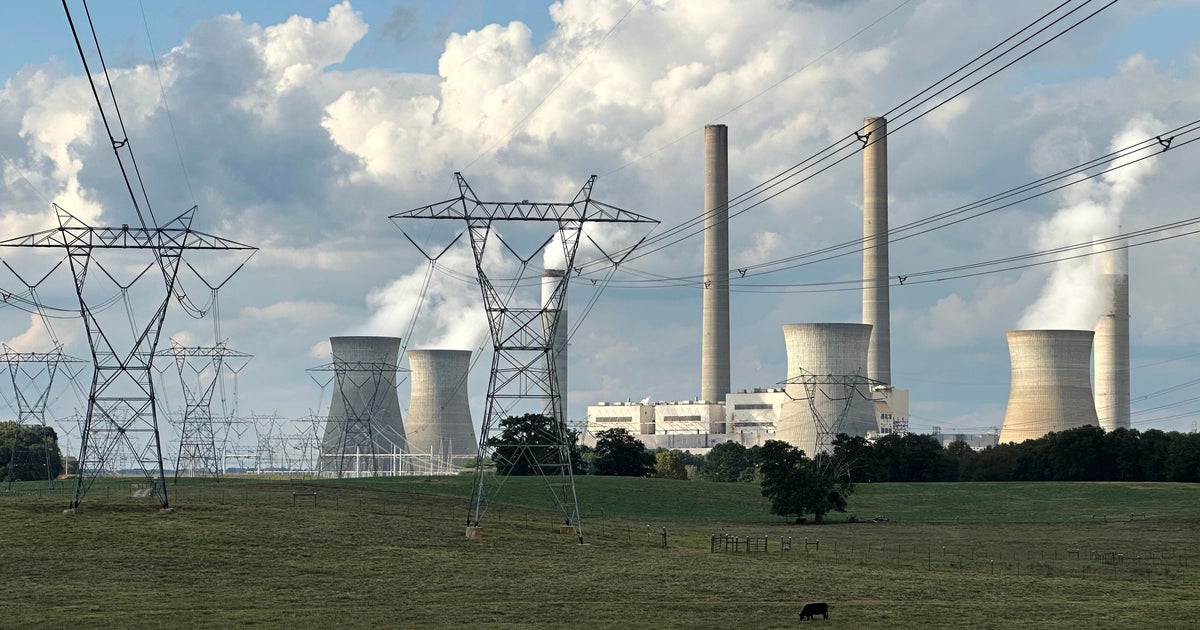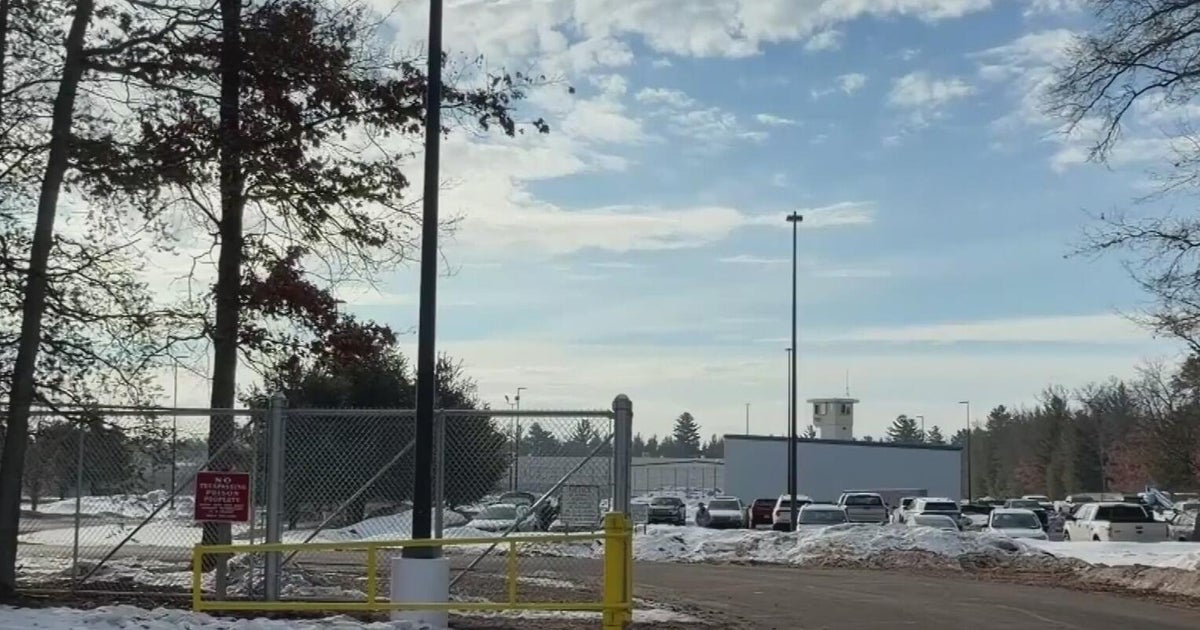Navy investigation finds Hawaii water crisis exacerbated by "unacceptable failure of on-scene leadership"
Navy officials' lack of on-scene leadership in the days following a fuel storage facility leak led to the contamination of thousands of Hawaii residents' drinking water last year, a pair of newly released investigations found.
The response fell "unacceptably short of the Navy standards for leadership, ownership, and the safeguarding of our communities," Vice Chief of Naval Operations Admiral William Lescher wrote in an endorsement of the investigation.
The Red Hill underground storage facility in Oahu leaked nearly 20,000 gallons of jet fuel in November 2021. The leak impacted over 90,000 residents' drinking water and forced thousands of families to evacuate their homes for weeks during the holidays.
Though the investigation found human error was initially responsible for the leaks, it also concluded leaders showed a lack of knowledge of the potential effect on the drinking water and how to respond.
"No single person took charge at the scene," the investigation stated.
The investigation did not disclose which officials have been reprimanded, but the head of U.S. Pacific Fleet, Admiral Samuel Paparo, told reporters Thursday a "number of people" are no longer in their assigned positions, and there could be more accountability after a separate probe by the commander of U.S. Fleet Forces Command.
The water contamination crisis began in May 2021 when operators improperly conducted a fuel transfer at the facility that leaked thousands of gallons of fuel. The fuel sat unaccounted for in a fire suppression line until an operator hit the line with a passenger train cart on Nov. 20, 2021, releasing the fuel.
Navy officials initially thought the incident did not affect the drinking water, but they did not understand that multiple pathways to the well existed. It wasn't until Nov. 28, 2021, when the Navy started receiving reports of a fuel-like odor in residents' water that Navy Region Hawaii secured the Red Hill water shaft.
Paparo said Thursday that leaders at the scene in November were slow to communicate that the leak contained fuel, not water, and presented "overly optimistic" assessments of the extent of the spill.
Of the nearly 20,000 gallons of fuel released, about 4,772 gallons remain unaccounted for. Some of the released fuel contaminated the Red Hill well and has since been flushed out of the water system, according to Paparo, and some of the fuel could be trapped in the soil, rock and water below the tunnels.
The Defense Department announced in March 2022 it would permanently defuel and close the Red Hill fuel storage facility, a process that under the current plan is expected to be complete by the end of 2024.



